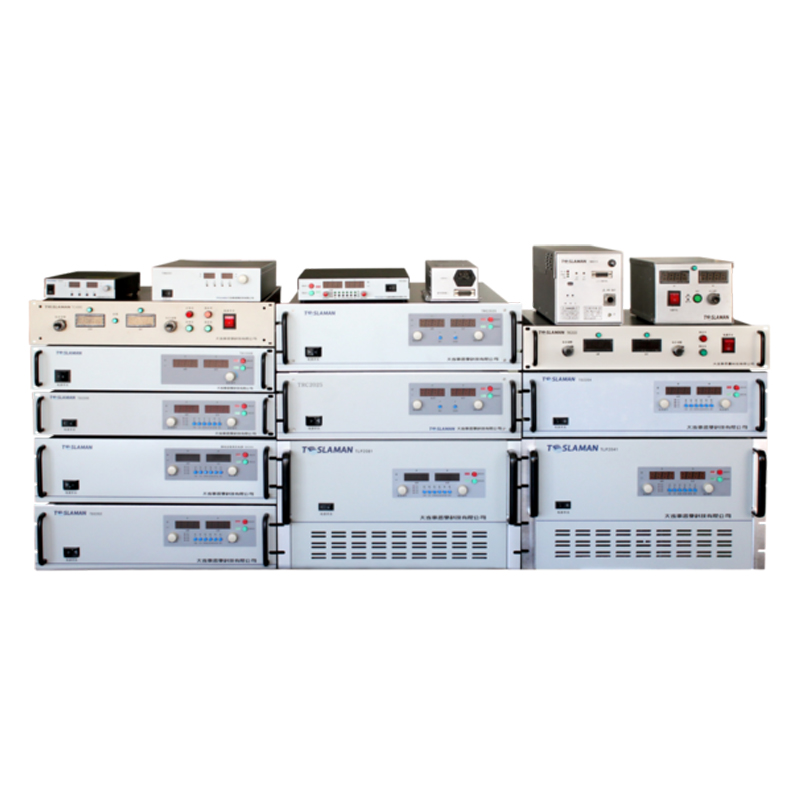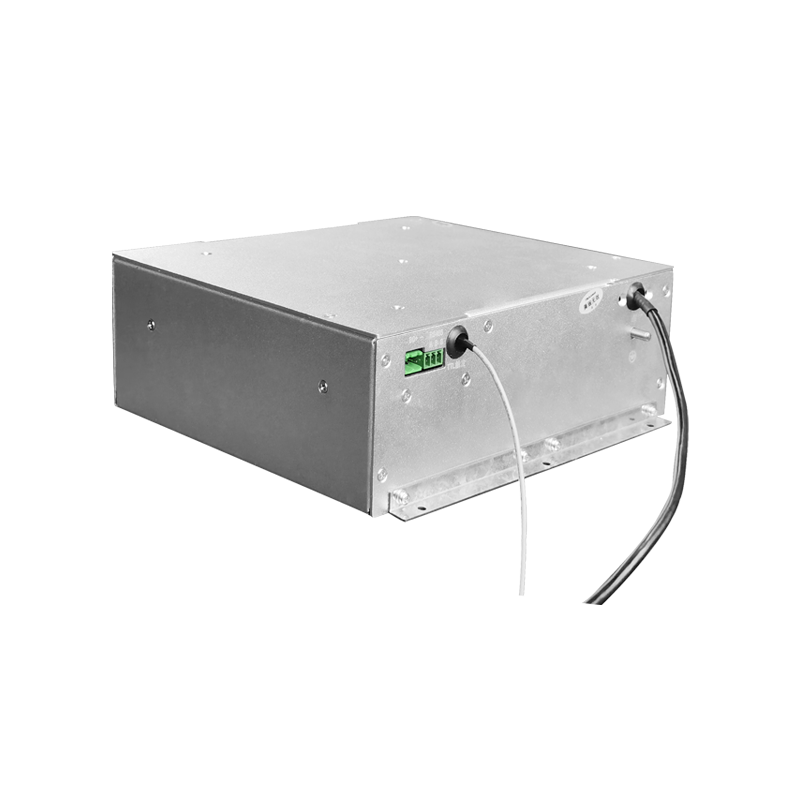Application and Effect Evaluation of High Voltage AC Power Supply System in Power System Stability Control
I. Introduction
With the continuous development of power systems, power system stability issues have become increasingly prominent. To ensure the safe and stable operation of power systems, the application of high voltage AC power supply systems in power system stability control has become more widespread. This article will explore the application and effect evaluation of high voltage AC power supply systems in power system stability control from a professional perspective.
II. Overview of High Voltage AC Power Supply System
A high voltage AC power supply system is a type of power transmission system that delivers electrical energy from power plants to users. It mainly consists of power plants, transmission lines, substations, and distribution devices. The main function of the high voltage AC power supply system is to efficiently and safely deliver electrical energy to the user end while ensuring the stable operation of the power system.
III. Application of High Voltage AC Power Supply System in Power System Stability Control
1. Voltage Stability Control
Voltage stability refers to the ability of a power system to maintain the voltage within the allowable range under normal operating conditions. The high voltage AC power supply system adjusts the generator excitation, switching of reactive power compensation equipment, and other methods to achieve stable voltage control. In addition, the high voltage AC power supply system can also adjust the power flow distribution of transmission lines to reduce the risk of line overload and improve voltage stability.
2. Frequency Stability Control
Frequency stability refers to the ability of a power system to maintain the system frequency within the specified range under normal operating conditions. The high voltage AC power supply system adjusts the power output of generators to control the system frequency. When the system frequency fluctuates, the high voltage AC power supply system can respond quickly and adjust the generator output to return the system frequency to stability.
3. Transient Stability Control
Transient stability refers to the ability of a power system to quickly return to normal operating conditions after a fault or disturbance occurs. The high voltage AC power supply system uses fast protection devices, circuit breakers, and other equipment to achieve rapid fault removal and reduce the impact of faults on system stability. At the same time, the high voltage AC power supply system can also improve the system's transient stability by adjusting generator output and switching loads.
IV. Evaluation of Stability Control Effect of High Voltage AC Power Supply System
1. Simulation Evaluation
By establishing a mathematical model of the power system, the application effect of the high voltage AC power supply system in stability control can be evaluated through simulation. Simulation evaluation can simulate the stability performance of the power system under different operating conditions and provide theoretical basis for practical engineering.
2. Field Testing
Field testing is a practical test of the stability control effect of the high voltage AC power supply system. By collecting and analyzing the operating data of the actual power system, the actual effect of the high voltage AC power supply system in stability control can be evaluated.
V. Conclusion
The high voltage AC power supply system plays an important role in power system stability control. Through effective control of voltage stability, frequency stability, and transient stability, the high voltage AC power supply system helps to ensure the safe and stable operation of the power system. Through simulation evaluation and field testing, the application effect of the high voltage AC power supply system in stability control can be evaluated, providing a basis for the optimization design and operation of the power system.




















